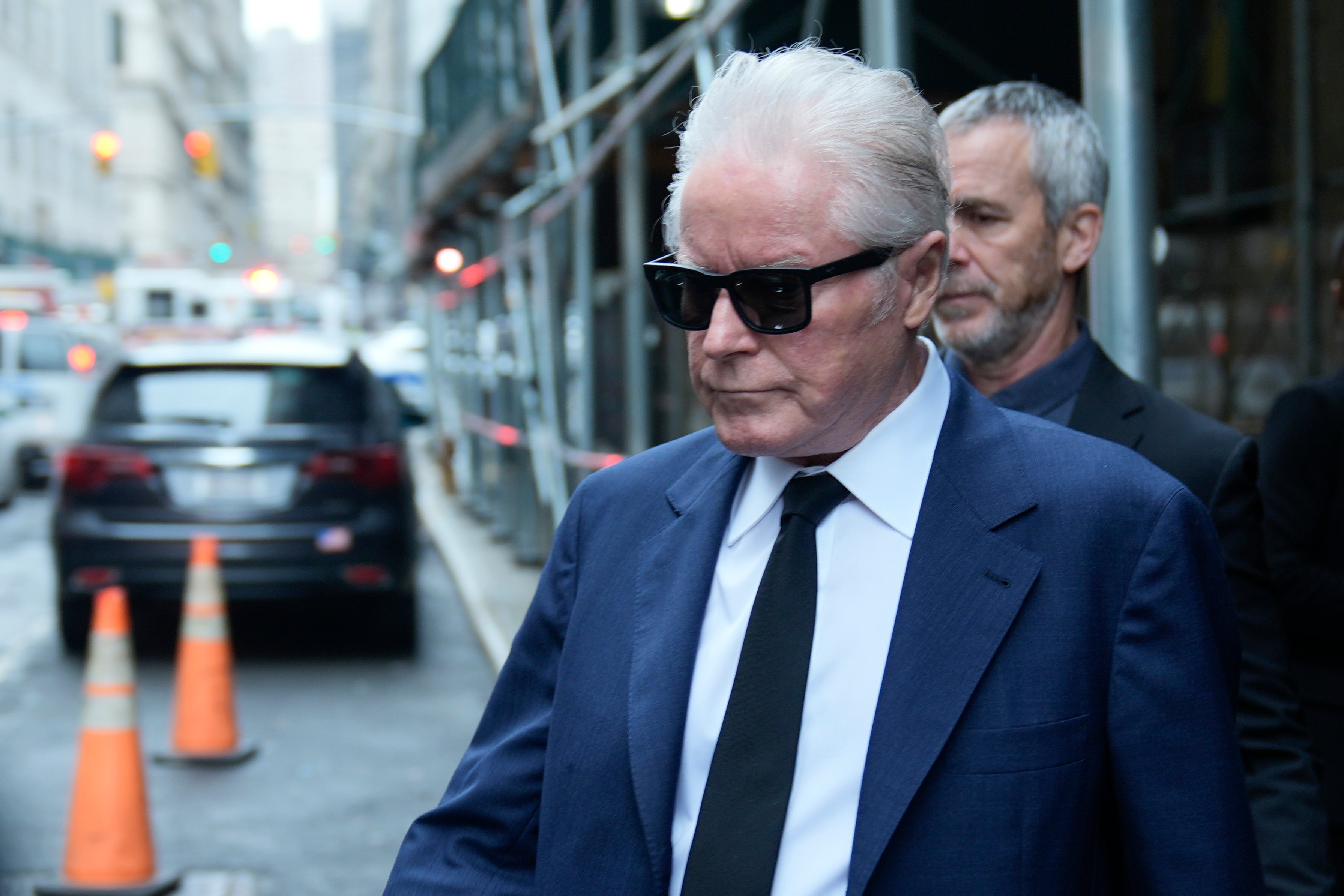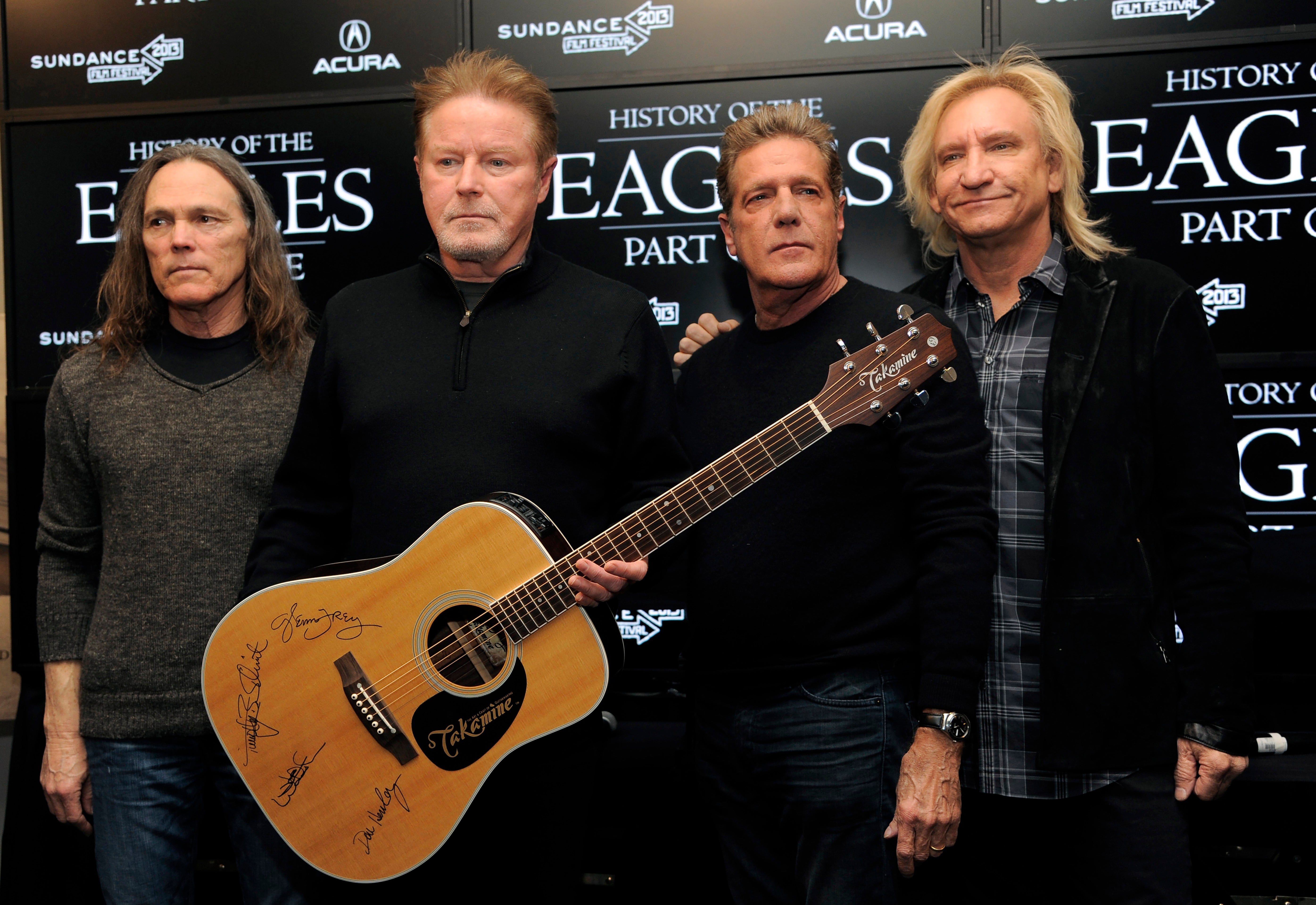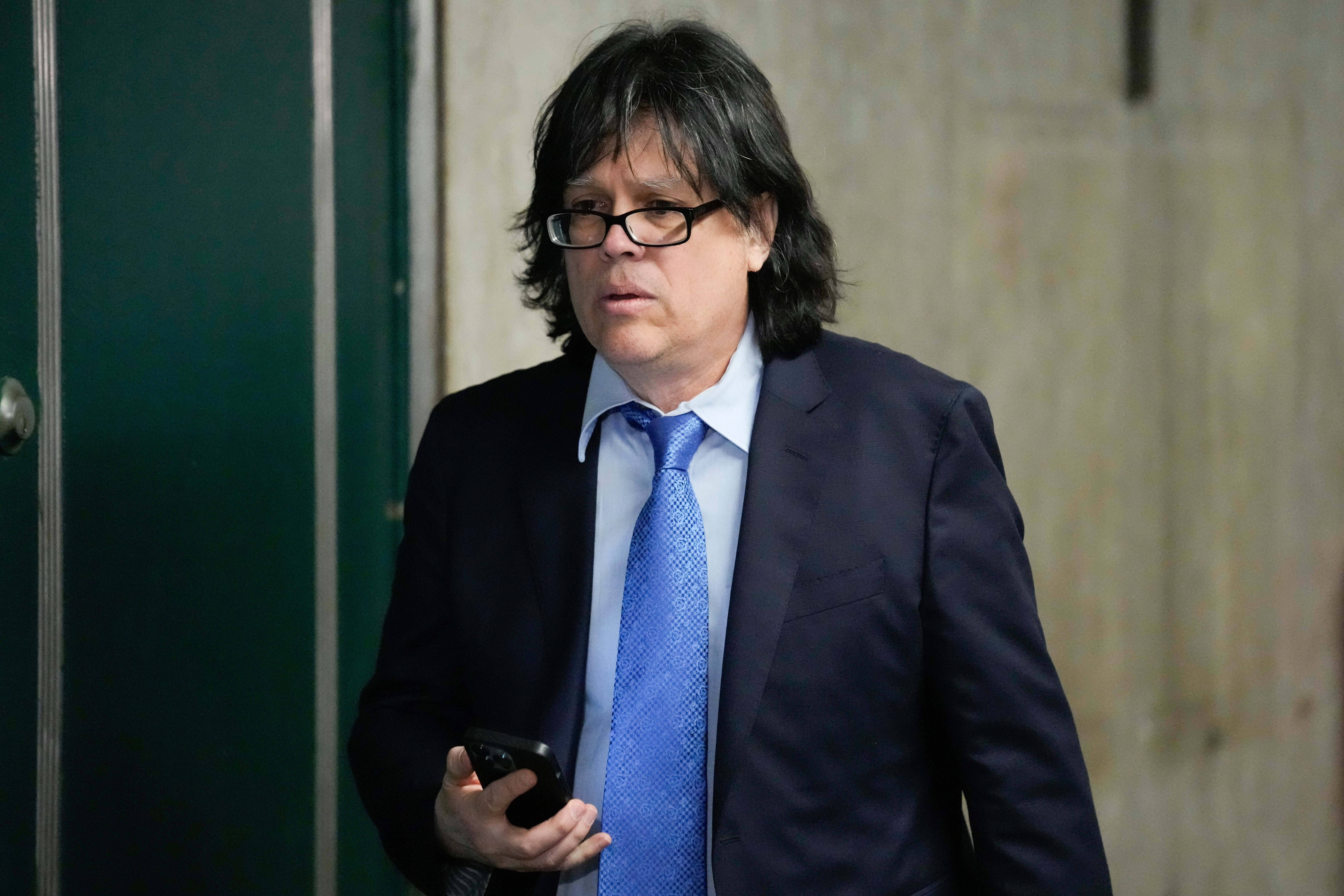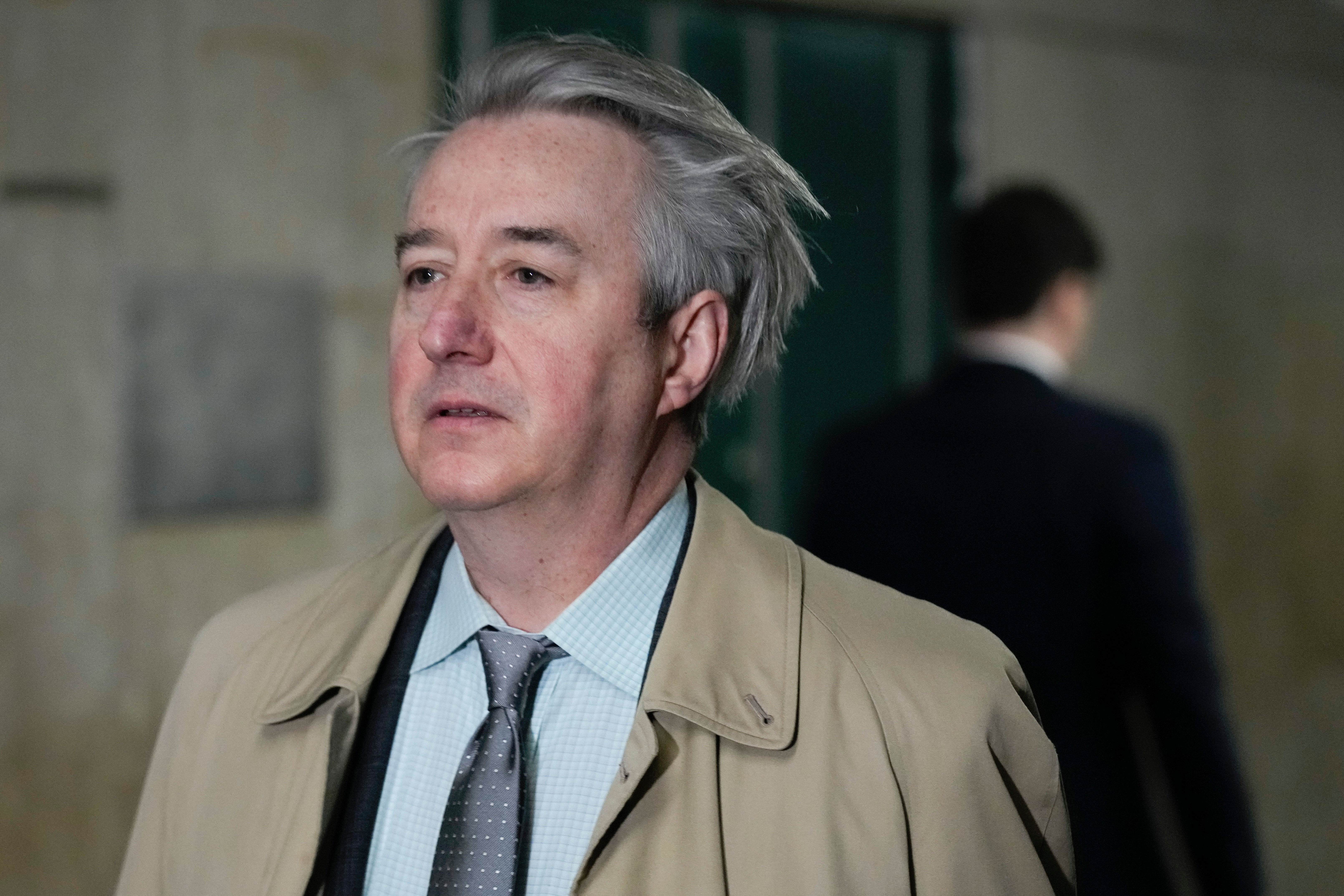Hotel California trial over Eagles lyrics abruptly dropped by prosecutors
District attorney cited newly available emails that defense lawyers said raised questions about the trial’s fairness
Your support helps us to tell the story
From reproductive rights to climate change to Big Tech, The Independent is on the ground when the story is developing. Whether it's investigating the financials of Elon Musk's pro-Trump PAC or producing our latest documentary, 'The A Word', which shines a light on the American women fighting for reproductive rights, we know how important it is to parse out the facts from the messaging.
At such a critical moment in US history, we need reporters on the ground. Your donation allows us to keep sending journalists to speak to both sides of the story.
The Independent is trusted by Americans across the entire political spectrum. And unlike many other quality news outlets, we choose not to lock Americans out of our reporting and analysis with paywalls. We believe quality journalism should be available to everyone, paid for by those who can afford it.
Your support makes all the difference.An unusual criminal case over allegedly stolen handwritten lyrics for the Eagles’ classic rock album Hotel California has been abruptly dropped mid-trial.
Three men had been accused of conspiring to possess a cache of lyrics, written on around 100 legal-pad pages, to the American band’s hit song “Hotel California”, among others.
Assistant Manhattan district attorney Aaron Ginandes informed the judge at 10am on Wednesday 6 March that prosecutors would no longer proceed with the case, citing newly available emails that defense lawyers said raised questions about the trial's fairness.

The raft of communications emerged only when Eagles star Don Henley apparently decided last week to waive attorney-client privilege, after he and other prosecution witnesses had already testified.
The defense argued that the new disclosures raised questions that it hadn't been able to ask.

“Witnesses and their lawyers” used attorney-client privilege “to obfuscate and hide information that they believed would be damaging,” judge Curtis Farber said in dismissing the case.
The accused were three well-established figures: rare books dealer Glenn Horowitz, former Rock and Roll Hall of Fame curator Craig Inciardi, and rock memorabilia seller Edward Kosinski.
All three men pleaded not guilty to charges including conspiracy to criminally possess stolen property – their lawyers said they did not commit any crime with the papers, which they acquired through a writer, Ed Sanders, who was working on an unpublished biography authorised by The Eagles.

Sanders, who was given the documents as research for his book in the late Seventies and Eighties, was not charged in the case.
Prosecutors had said the three men were aware the pages had a dubious chain of ownership but sold them anyway, in spite of Eagles co-founder Henley’s objections.
Enjoy unlimited access to 100 million ad-free songs and podcasts with Amazon Music
Sign up now for a 4 month free trial (3 months for non-Prime members)
Enjoy unlimited access to 100 million ad-free songs and podcasts with Amazon Music
Sign up now for a 4 month free trial (3 months for non-Prime members)
Henley, who realised the pages were missing only when they showed up for sale on an auction site, reported them as stolen.

He testified at the trial that he had permitted Sanders to borrow the documents as part of his research for the biography, but “never gifted them or gave them to anybody to keep or sell.”
It is a somewhat underwhelming end to a trial that had piqued the curiosity of the music world, particularly due to Henley’s appearance as a star witness.
The Eagles’ longtime manager, Irving Azoff, also appeared as a witness, where he revealed how the relationship between the Eagles and Sanders broke down after they were unhappy with the end result of Sanders’ book.
He offered some insight into the band’s notorious breakup in 1980, and also about the band’s creative methods during the Seventies.
Henley apparently preferred to write songs on yellow legal pads, while his late bandmate, Glenn Frey, opted for white ones.
Azoff compared the duo to the protagonists of the 1968 comedy film The Odd Couple: “Don [Henley] was the guy that ran around and picked up Glenn [Frey’s] empty beer bottles and cigarette butts. It drove them crazy,” he said. “It’s better they had a neutral place to wreck than one of their houses.”
He said he had never known Henley to part with any of the legal pads on which he, alongside Frey, worked out some of the best-known lyrics in the rock’n’roll songbook.
The trial had been underway since late February.
“The people concede that dismissal is appropriate in this case,” Ginandes said.
